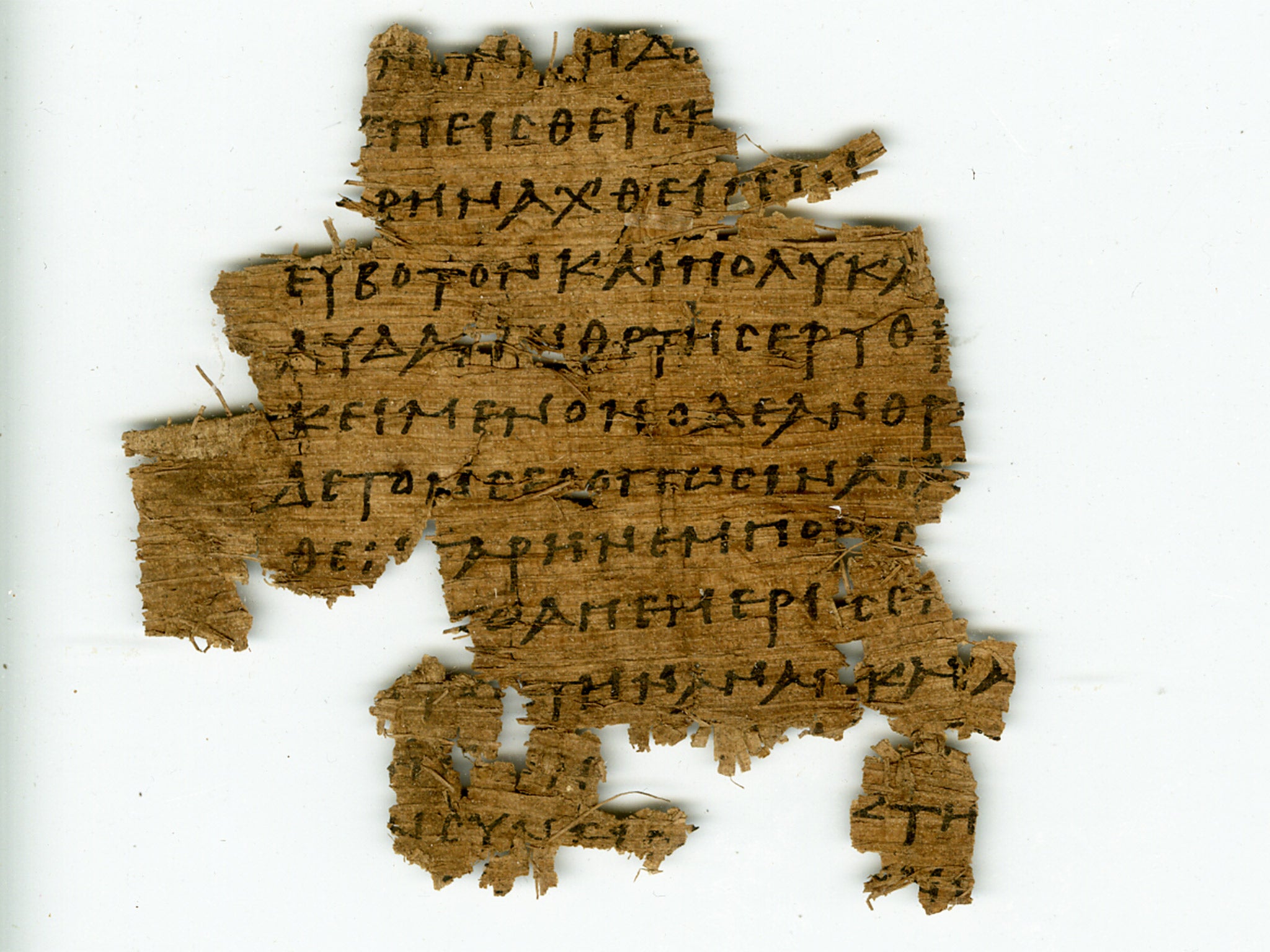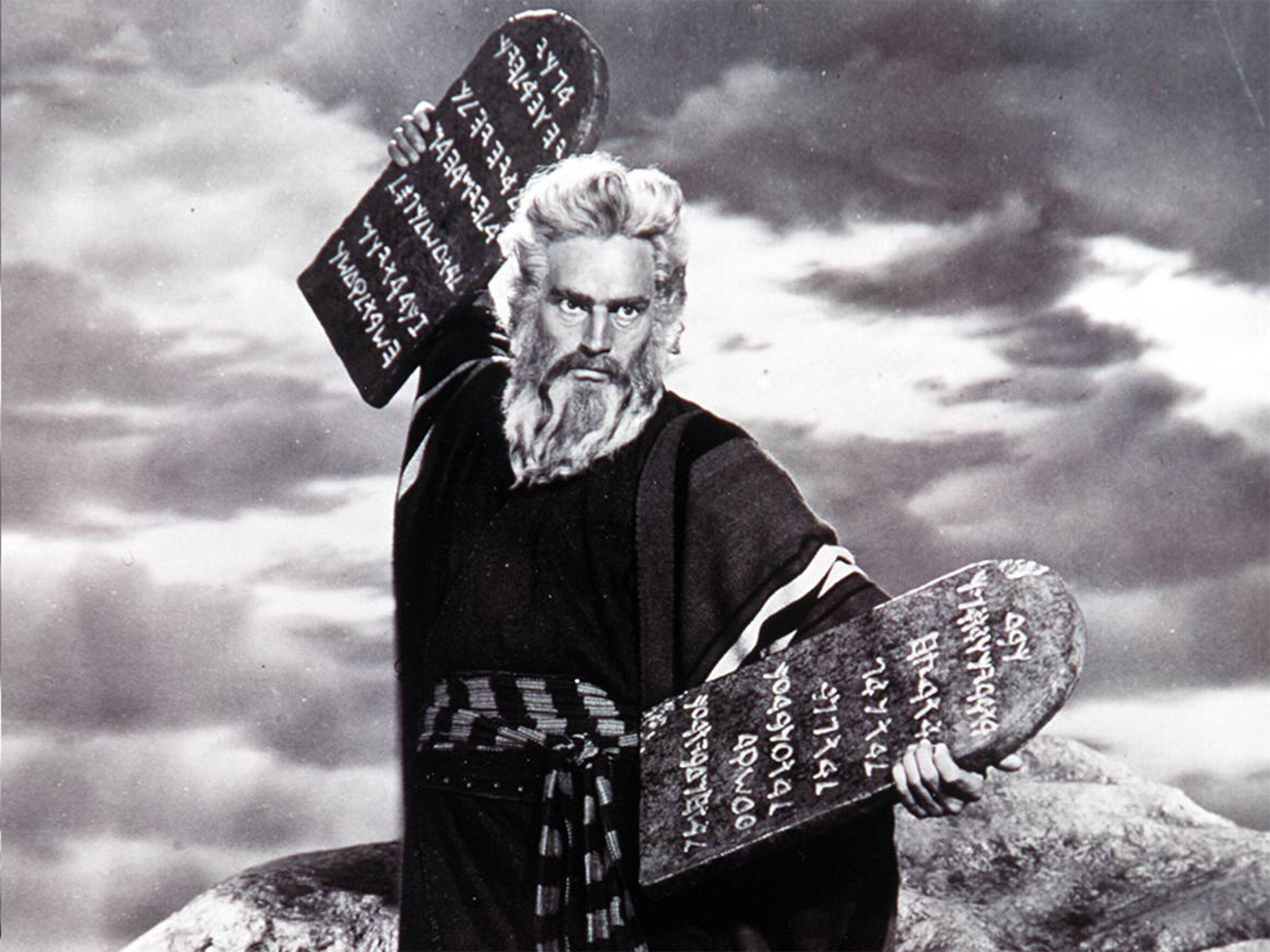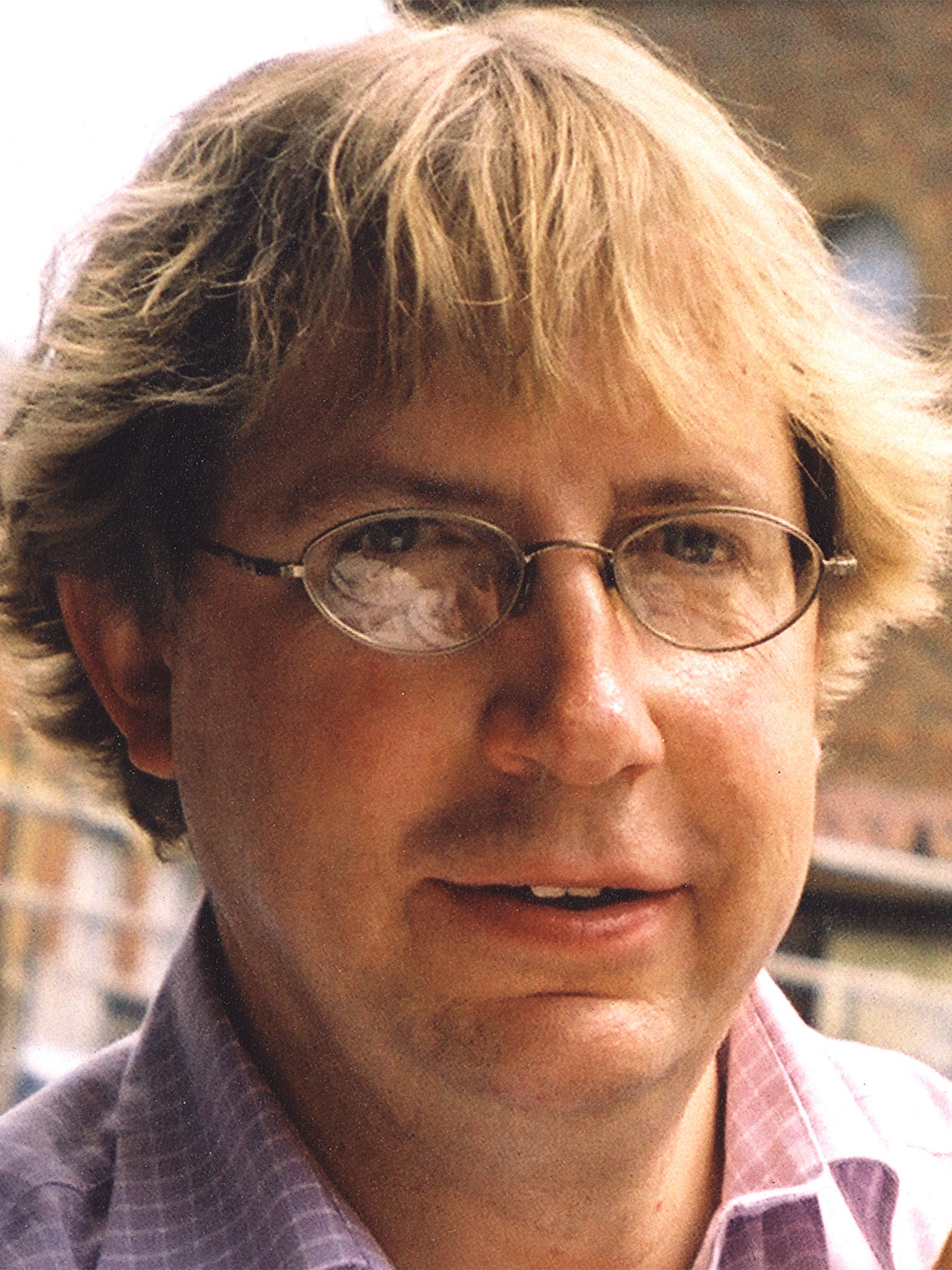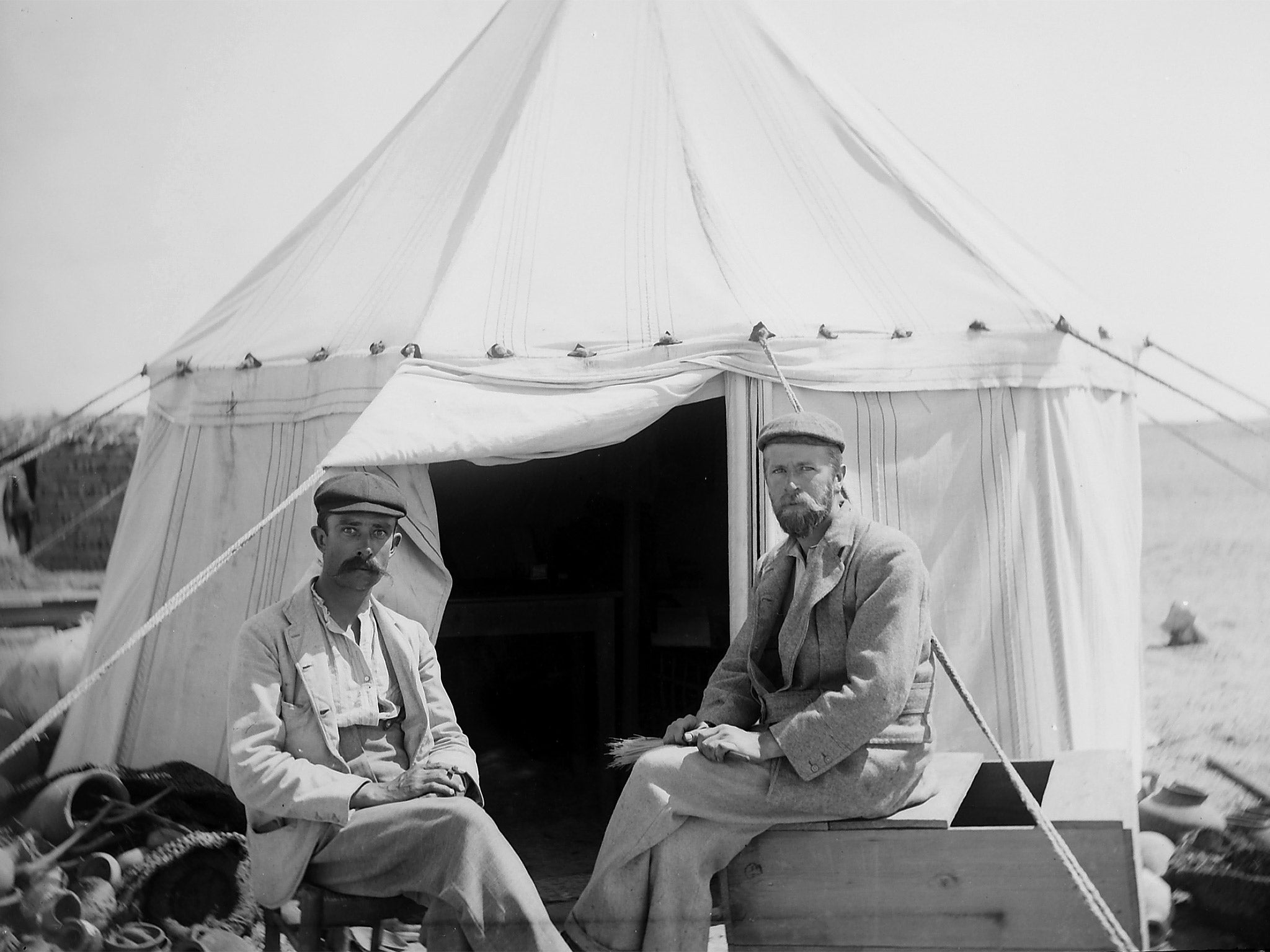Ancient Egypt: Citizen scientists reveal tales of tragedy unearthed from centuries-old rubbish dump
Papyrus scraps tossed on a rubbish tip thousands of years ago are finally giving up their secrets

Your support helps us to tell the story
From reproductive rights to climate change to Big Tech, The Independent is on the ground when the story is developing. Whether it's investigating the financials of Elon Musk's pro-Trump PAC or producing our latest documentary, 'The A Word', which shines a light on the American women fighting for reproductive rights, we know how important it is to parse out the facts from the messaging.
At such a critical moment in US history, we need reporters on the ground. Your donation allows us to keep sending journalists to speak to both sides of the story.
The Independent is trusted by Americans across the entire political spectrum. And unlike many other quality news outlets, we choose not to lock Americans out of our reporting and analysis with paywalls. We believe quality journalism should be available to everyone, paid for by those who can afford it.
Your support makes all the difference.Tales of tragedy written on papyrus that lay hidden for centuries in an Ancient Egyptian rubbish dump have been revealed after being pieced together with the help of a small army of citizen scientists.
The stories range from a doctor’s report on the drowning of a 12-year-old slave girl to a rendition of the Book of Exodus in the style of a Greek tragedy – allowing an unknown actor to play Moses 2,000 years before Charlton Heston got his chance in the 1956 blockbuster film The Ten Commandments.
They have been reconstructed partly thanks to the help of 250,000 volunteers worldwide, who have contributed to transcribing papyrus fragments found at the site of the ancient Egyptian city of Oxyrhynchus, about 120 miles south of modern Cairo.
When the Victorian archaeologists Bernard Grenfell and Arthur Hunt dug into what looked like a sand dune there in January 1897, they found it was full of bits of papyrus that had been tossed on to rubbish tips by the inhabitants of a city that had been the ancient Egyptian equivalent of Birmingham.
Grenfell and Hunt eventually uncovered a haul of more than 500,000 fragments that are now housed in the Sackler Library in Oxford and owned by the Egypt Exploration Society, London, under whose auspices the pair had travelled.
But transcribing what is written on the individual pieces – dating mainly from the 1st Century BC to the Seventh Century AD, when Egypt was occupied by the Greeks and Romans – proved to be far more time consuming than digging them up.

Between 1898 and 2012, scholars managed to transcribe just over 5,000 of the 500,000 documents.
At this point, the first Ancient Lives project was piloted, allowing ‘citizen scientists’ with at least a rudimentary knowledge of the ancient Greek alphabet to look at the documents online and have a go at making out the words written on them.
Using algorithms devised by Oxford University astrophysicists to cross-check transcriptions with known texts and to assess the accuracy of the work of individual volunteers, the project, which went fully live in 2014, has allowed even schoolchildren to delve into the secrets of the papyri.

Professor Dirk Obbink, of Oxford University, the director of the Ancient Lives project, told The Independent: “By allowing public access to one of the largest unfinished archaeological projects in the world, we have been able to move beyond one scholar with a papyrus and a magnifying glass, to transcribe between 100,000 and 200,000 more texts – some of which had been partially eaten by worms, or used to wrap fish, or worse.”
The finds, due to be unveiled by Professor Obbink at the Royal Geographical Society at a meeting of the World Monuments Fund, Britain, range from official documents – a 3rd Century doctor’s official report on the “twisted and lifeless body” of a drowned slave girl – to the literary, including an extract from Andromeda, a lost tragedy written by Euripides and thought to have been first produced in 417 BC. “That was like finding a new speech in a play by Shakespeare,” said Professor Obbink.
The Ancient Lives volunteers also helped discover a fragment of a long-lost rendition of the Book of Exodus, written in the style of a Greek tragedy, by a little-known author called Ezekiel, in the Second Century BC, in Alexandria.
“Before, we had only known about this work because it had been quoted by the [4th Century AD] Church Father Eusebius,” said Professor Obbink. “We didn’t know for certain that a text existed: Eusebius might have made it up or misremembered it.
“Now we have a real copy, a long speech by Moses, in iambic trimeters, telling the history of his life and how he was discovered as a baby in the bulrushes.
“We can put some flesh and bones on a lost work of literature, one that was presumably performed long before Charlton Heston.
“It’s amazing what gets thrown out in the rubbish.”
Treasure trove: Excerpts
Documents found at Oxyrhynchus and transcribed with the help of the volunteers from the Ancient Lives Project:
3rd Century AD doctor’s report into the death by drowning of a 12-year-old slave girl in Oxyrhynchus:
“From Aurelius Philantin... son of Neoptolemus Aurelius... I… certify that… a slave girl, by accidental death after being caught in a sluice... while swimming with her friends... twisted and lifeless body... by drowning...”

Newly discovered fragment of Ezekiel’s Exagoge, spoken by Moses:
Then the princess with her maidservants came down to bathe.
When she saw me, she took me up and recognised that I was a Hebrew.
My sister Mariam then ran up to her and spoke,
‘Shall I get a nursemaid for this child from the Hebrews?’ The princess urged her on.
Mariam went to fetch our mother who presently appeared and took me in her arms.
The princess said to her, ‘Woman, nurse this child and I shall pay your wages.’
She then named me Moses, because she had taken me from the watery river-bank.
New fragment from Euripides’ Andromeda
Perseus, (to Eros): Just as my father Zeus once appeared
in secret when he came to Argos out of love for Danae
in golden drops of rain in the bronze house in Argos
and embraced her, so, in this same way, to me honouring you, give salvation from my love troubles.
Join our commenting forum
Join thought-provoking conversations, follow other Independent readers and see their replies
Comments